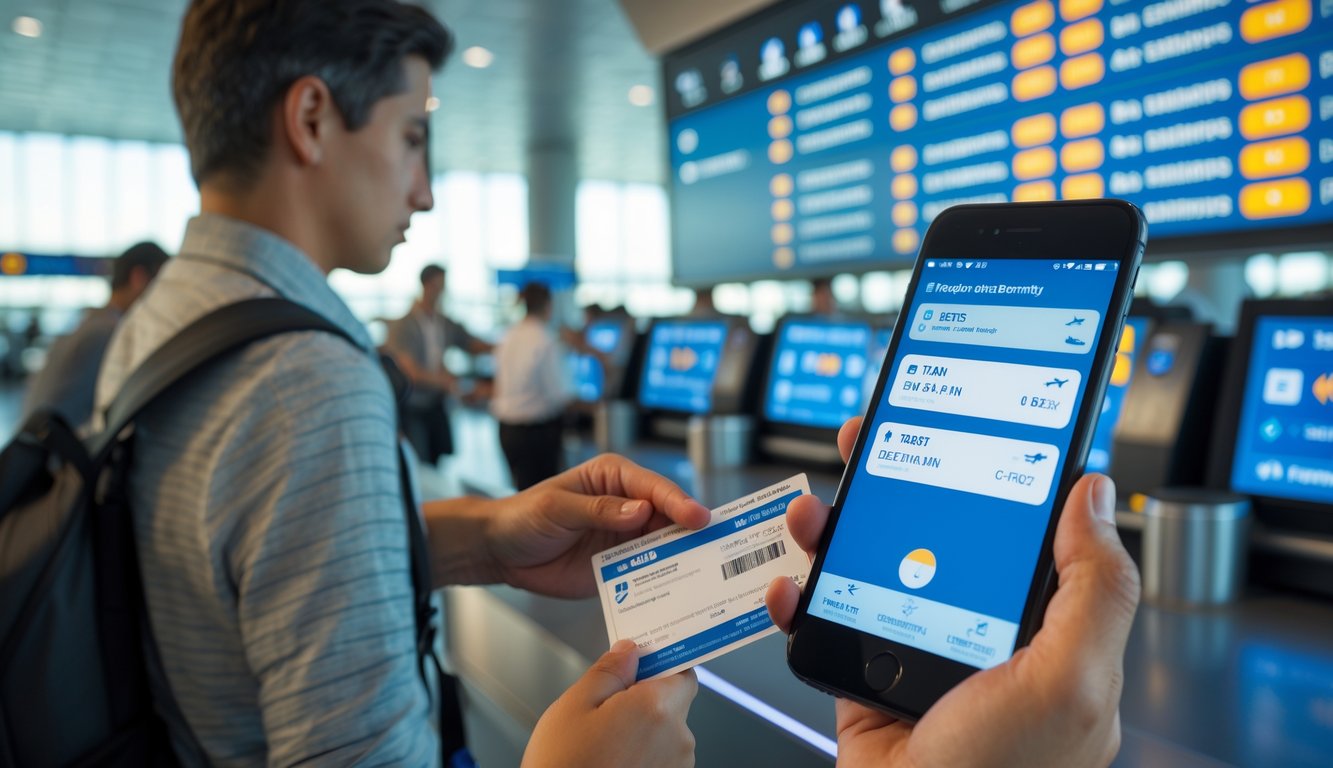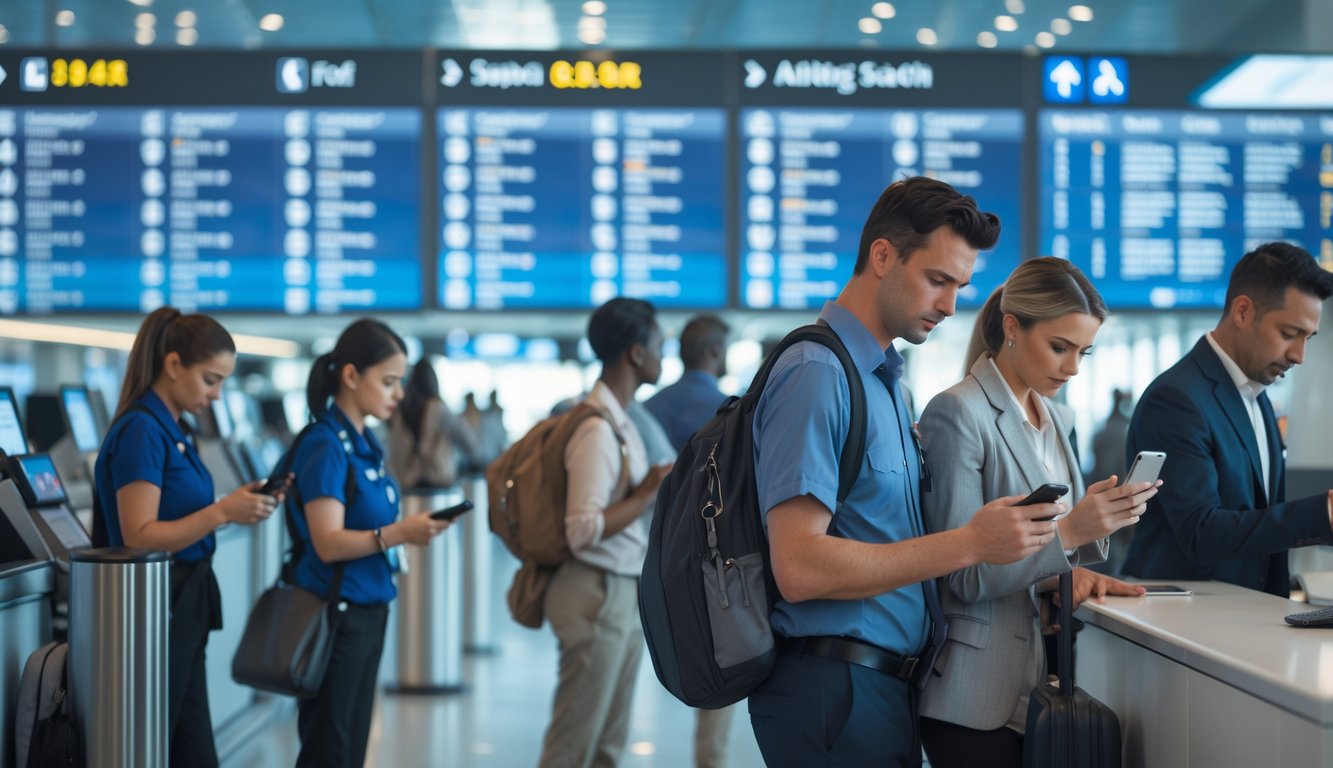
Impact of Fare Types on Penalties

It’s honestly wild how what used to be in the fine print is now the main event. I keep hearing stories from people who thought they were saving money, but ended up paying triple because of the fare type trap—basic, flexible, whatever. Nobody warns you. You just find out when it’s too late.
Basic Economy Restrictions and Surcharges
Basic economy—those “bargain” tickets that everyone says to avoid but we all buy anyway—turn into a nightmare the second you need to change anything. Last week, a friend booked New York to LA, then got hit with a $200 fee just to move her flight by a few hours. Not even a checked bag included. Airlines make these fares as rigid as possible, so even on domestic flights, you get “no changes allowed” or surcharges that double the price. If you check the latest guides, you’ll see airlines are ruthless about basic fare restrictions. Sometimes they even stick these rules on international flights, which is just… mean.
Flexible Fare Options and Their Advantages
The only time I didn’t lose sleep over a flight change? I bought a flexible fare. Yes, they’re expensive, but at least you can actually change your plans, reroute, or sometimes get a refund without groveling. United, Delta, American—they push “flex options” for a reason: the difference is huge. Every travel agent I know says to check the price for flexibility, because sometimes it’s less than what you’ll pay if you have to change a basic ticket. And for international flights? Sometimes flexible fares are cheaper in the end if your plans are even a little bit uncertain. Breakdowns like this show airlines pile penalties onto every leg of a multi-city ticket if you cheap out on flexibility.
The Role of Fare Differences
Even if you dodge the change fee, “fare difference” is lurking. Fares always go up—especially close to departure—so guess who pays? You do. Sometimes, even if the penalty is waived, the new fare is way higher. People miss this because the airline site flashes a fee breakdown, but hides the real cost: the fare itself. Frequent travelers know fare differences sting the most—right up there with luggage fees. Airlines (see this comparison) rarely warn you that fare differences can wipe out any “penalty waiver” on flexible tickets. Also, I forgot to mute my seat alerts, so now I’m losing sleep every time a fare jumps overnight. At this point, maybe I should just take the bus.
Change Fee Policies by Major U.S. Airlines
So Delta wanted $400 just to swap out a flight—domestic, not even international. Who’s making these numbers up? I’m starting to think the “flexibility” airlines brag about is just a new way to squeeze you. Every time I book, I’m triple-checking the fine print, like they’re gonna change the rules mid-click. Cheap fares? Yeah, but try changing one and suddenly it’s like you joined a cult—no escape.
southwest airlines: No Change Fees Policy
Southwest’s still the oddball here—no change fees, and I keep waiting for the catch. I’ve messed with my flights so many times I’m almost testing their patience, but nope, they don’t charge. Not saying their fares are always low, but I’ve changed a trip three times in a week and paid nothing, which feels sketchy, honestly. Anyone else, you’re decoding a fee chart or begging a chatbot that’s clearly programmed to say “no.”
Everyone online keeps repeating it: even those “Wanna Get Away” fares dodge change fees. Plus, travel credits don’t expire anymore (since 2022), so I’m just hoarding them like I’m prepping for the apocalypse or something. Nobody mentions the random stress of boarding groups, though. Seriously, who decided letters and numbers were fun? If you want to see how weirdly generous their flight change policies are, go read. I dare you.
Low-Cost Carriers and Rebooking Costs
Trying to change plans on Spirit or Frontier? Good luck. Their websites are like a fee obstacle course—$39 here, $99 there, and I swear it changes if you check at 2am versus noon. Do they have a dartboard for this? Sometimes you catch a break and it’s $49, but usually, you blink and it’s over $100 plus the “fare difference,” which seems to magically inflate when you actually need it. Sites like Upgraded Points try to make sense of it, but nobody ever tells you about the 45-minute hold times.
It’s like gambling, honestly. Modify early, maybe save a bit. Wait, and you’re paying more than the ticket cost. Also, why do they always call it a “modification fee” like it’s a haircut or something?
Legacy Carrier Approaches
United, Delta, American—they love saying “no change fees on most fares,” but that’s only true if you avoid basic economy. Don’t even try with those, unless you enjoy pain. I’ve had agents basically whisper, “Just upgrade or eat the fee,” like I’m bartering in a market. Main cabin fares on domestic flights? Usually fine, but the moment you try to do anything international, suddenly there’s a $300 fee just for daring to want Paris instead of London.
Alaska kind of copies this—no change fees domestically unless you accidentally book the wrong class, which is easy because their website is a maze. The Points Guy lays out all the policies, but honestly, I never feel better after reading them. They update stuff with zero warning, so you’re always behind.



